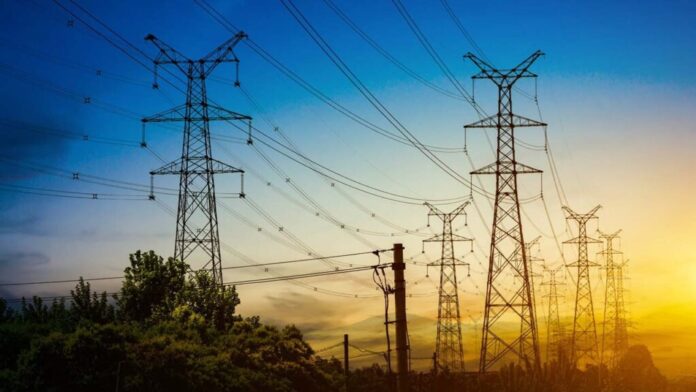ISLAMABAD: In a push to reform Pakistan’s power sector and improve financial sustainability, the Power Division has assured the International Monetary Fund (IMF) that no new generation capacity will be added without ensuring the availability of sufficient transmission infrastructure.
During recent engagements with the IMF, the Power Division committed that it would only approve additional capacity after existing transmission lines are fully utilized at peak demand and new infrastructure is operational, according to sources cited by Business Recorder.
This move aims to address the ongoing problem of surplus generation capacity and the heavy burden of capacity payments.
The government is also accelerating efforts to privatize key entities in the power sector. With support from the World Bank, the Asian Development Bank (ADB), and other development partners, the Power Division has completed the policy and financial groundwork to privatize three major distribution companies (DISCOs), namely Islamabad Electric Supply Company (IESCO), Gujranwala Electric Power Company (GEPCO), and Faisalabad Electric Supply Company (FESCO).
A financial advisor was hired in February 2025, and due diligence is currently underway. The bidding process for these DISCOs is expected to commence by the end of December 2025.
In addition, the government is preparing to privatize three more DISCOs and grant management concessions for another three, with these efforts projected to continue through 2026.
Restructuring of the National Transmission and Dispatch Company (NTDC) is also gathering pace. The NTDC’s current operations are being divided among three new specialized entities.
The Independent System and Market Operator (ISMO) will handle system operations. The Energy Infrastructure Development Management Company (EIDMC) will be responsible for project development and is scheduled to become operational by August 2025.
Meanwhile, the National Grid Company (NGC) will take over the management of transmission lines and grid operations by December 2025.
In parallel, the government is seeking to encourage captive power producers (CPPs) to shift to the national grid. A service-level agreement has been finalized and shared with CPPs, promising uninterrupted electricity supply according to NEPRA’s prescribed standards, along with penalties for distribution companies that fail to comply.
To boost generation efficiency, the Power Division plans to privatize at least two state-owned generation companies (GENCOs), Nandipur and Guddu 747. Preparations for hiring financial advisors are expected to be completed by May 2025, with the bidding process for Nandipur slated to begin in January 2026.
The government is also pushing forward with the Competitive Trading and Bilateral Contract Market (CTBCM) initiative. Once operational, this market will allow bulk power consumers to buy electricity directly from DISCOs or from competitive suppliers, aiming to reduce wholesale electricity prices.
Initially, 800 MW of capacity will be allowed into the market until 2031, aligned with the Integrated Generation Capacity Expansion Plan (IGCEP).
A broader shift toward cheaper renewable energy is being prioritized through updates to the IGCEP and the Transmission System Expansion Plan (TSEP) for 2024-34. New energy projects will strictly follow a least-cost basis to address the sector’s surplus capacity and reduce financial pressure.
The government reiterated its commitment to maintaining financial discipline by refraining from non-cash settlements, avoiding cross-arrears netting unless independently audited, and issuing new guarantees only to replace existing ones at maturity.




